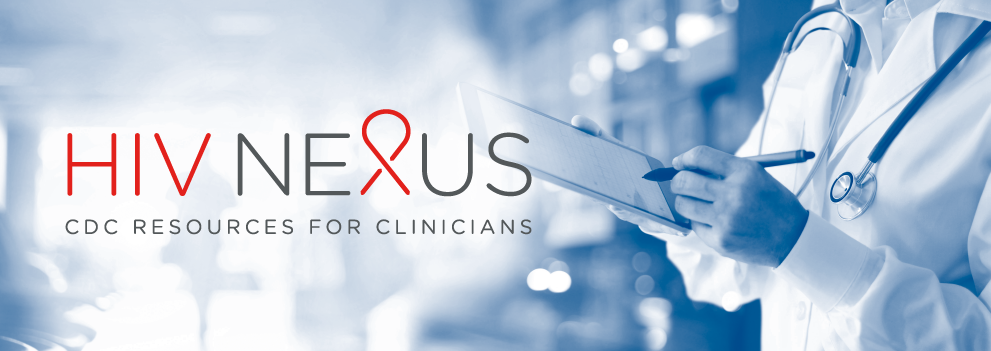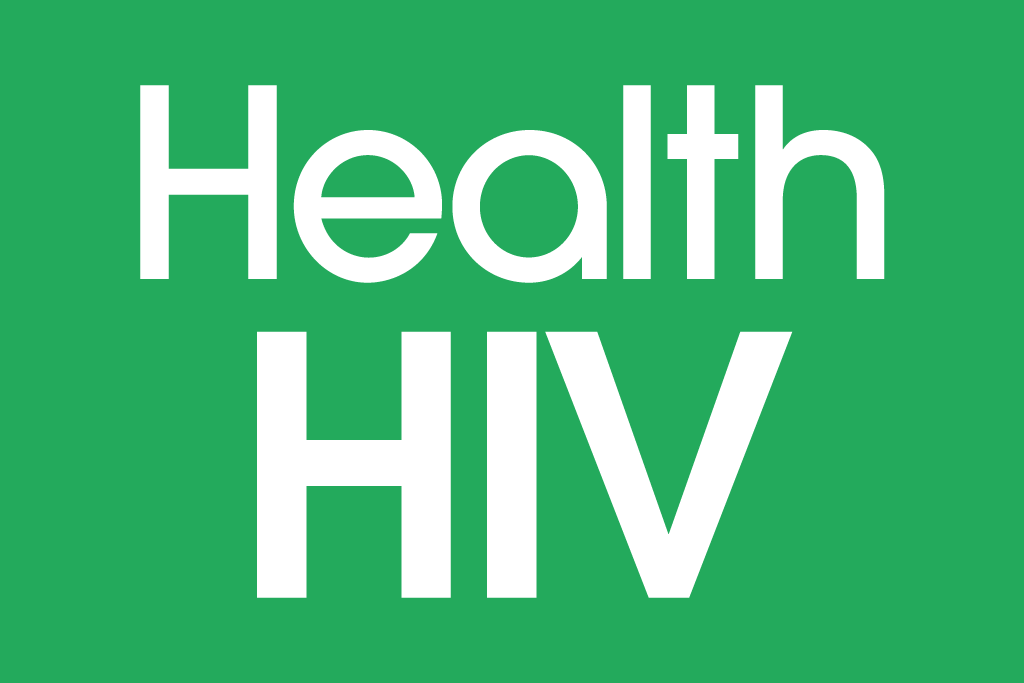Doxy-PEP Ready: A Toolkit for Fast-Action STI Prevention in Emergency Departments, Urgent Care, and Student Health Settings
“Doxy-PEP Ready: A Toolkit for Fast-Action STI Prevention in Emergency Departments, Urgent Care, and Student Health Settings” was developed for HealthHIV’s Touch Points program to address the growing need for effective, timely interventions for sexually transmitted infections (STIs).
Advances in HIV Care: A Rapid-Response Webinar Series
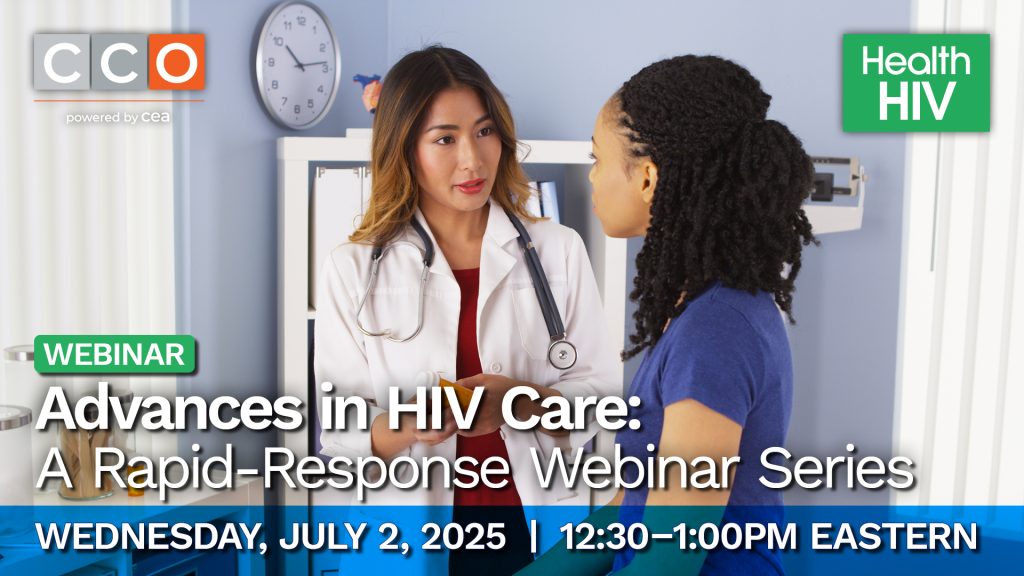
Wednesday, July 2, 2025 from 12:30pm to 1:00pm Eastern — This 30-minute rapid-response webinar will examine newly emerging data in HIV treatment and prevention, review current clinical guidelines for antiretroviral therapy (ART) and PrEP, and explore strategies to overcome persistent implementation barriers. Faculty will share real-world considerations for integrating evidence-based practices into diverse healthcare settings while highlighting opportunities to advance equitable, patient-centered HIV care.
People on HIV drugs have ‘substantial’ Alzheimer’s protection: study
People taking drugs for HIV and hepatitis B are less likely to develop Alzheimer’s disease, according to a new study. UVA Health investigators now would like clinical trials to examine the potential of the HIV medications as a means to prevent Alzheimer’s disease.
Touch Points in Community Health: Pan-Viral Testing and Linkage to Care in Emergency Departments and Urgent Care Centers
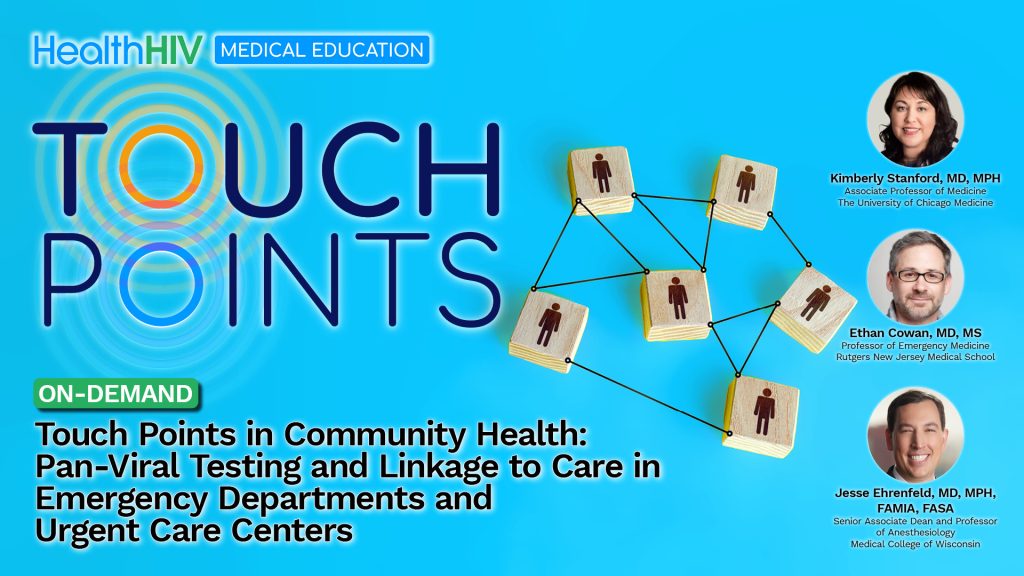
Join HealthHIV and expert panelists for an interactive live webinar to exchange ideas on opportunities and challenges of implementing pan-viral testing and linkage to care within Emergency Departments and Urgent Care Centers. Emergency medicine physicians will discuss the need for pan-viral (HIV, HBV, HCV, and STIs) testing and linkage to care in EDs and UCCs, and share evidence-based standards of care for pan-viral testing.
NIAID HIV Language Guide
This guide includes language suggestions for communicating about HIV and related topics.
The State of Aging in 2024
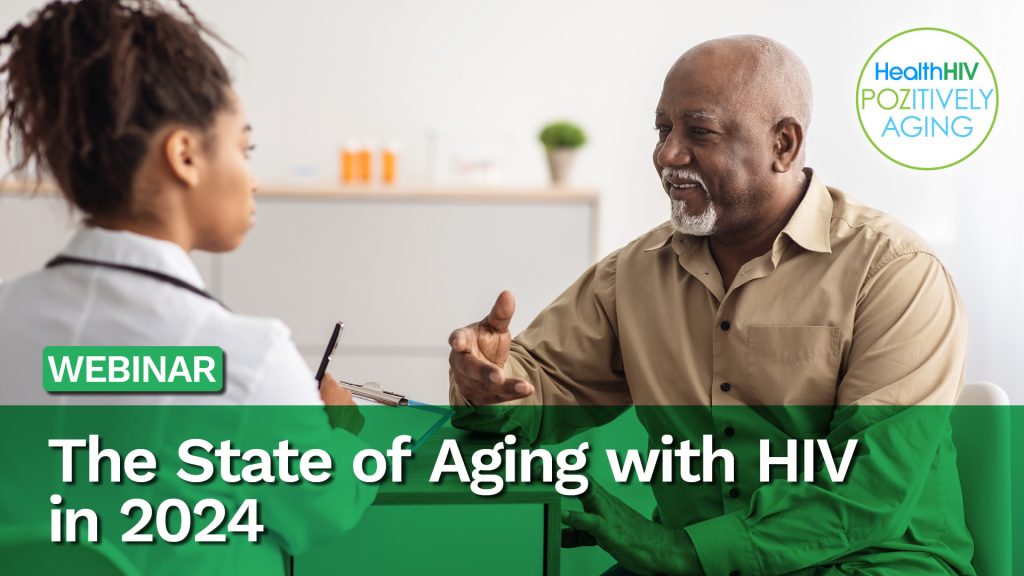
This webinar features initial key findings from the HealthHIV Fourth Annual State of Aging with HIV™ National Survey and expert faculty, including from the Administration for Community Living (ACL), the Office of Infectious Disease and HIV/AIDS Policy of the Department of Health and Human Services, community organizations, and HealthHIV.
Patients With HIV May Have High Prevalence of Long COVID
The prevalence of long COVID was high in patients living with HIV, according to a review published in eClinicalMedicine.
Recommendations for Incorporating Geriatrics Into HIV Care Include Attention to Both Body and Mind
Of the nearly 1.1 million people living with HIV in the United States in 2022, an estimated 54% were over 50 years old, according to the Centers for Disease Control and Prevention (CDC). Yet we are not doing enough to meet the needs of this population: A recent CDC study found that the country was on pace to miss all of its 2025 goals for improving the quality of life for people living with HIV age 50 and older.
Nearly 20% of New HIV Diagnoses Occur Among Older Adults
Patients aged 50 and older who were newly diagnosed with HIV often reported heterosexual transmission and were more often women when compared with those younger than 50, according to an analysis of patients in New York State that was published in JAIDS.
Community Touch Points for Pan-Viral Testing and Linkage to Care in College and University Health Centers
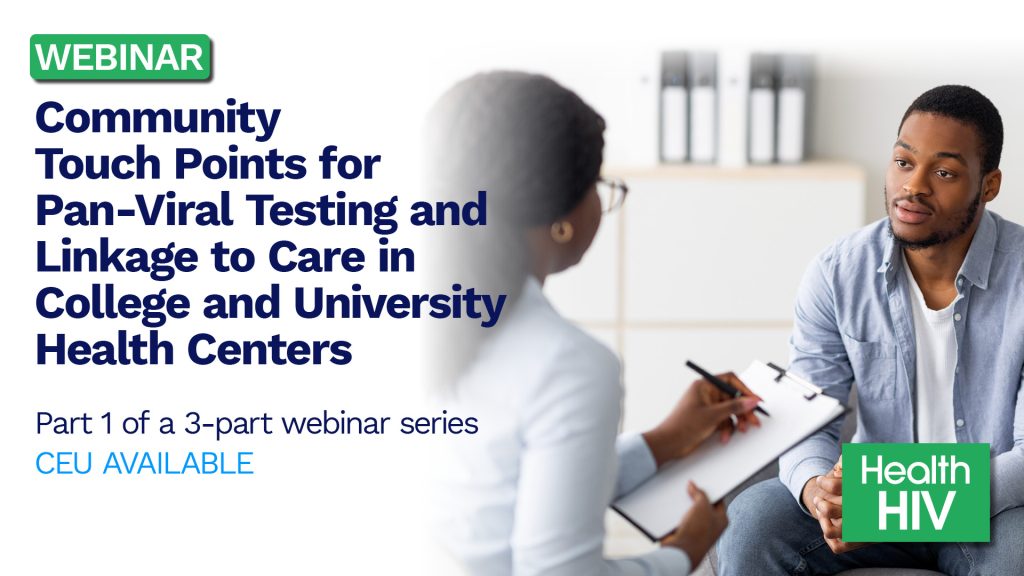
Join HealthHIV and expert panelists for an interactive webinar to exchange ideas on opportunities and challenges of implementing pan-viral testing and linkage to care within student health centers and university health centers.


